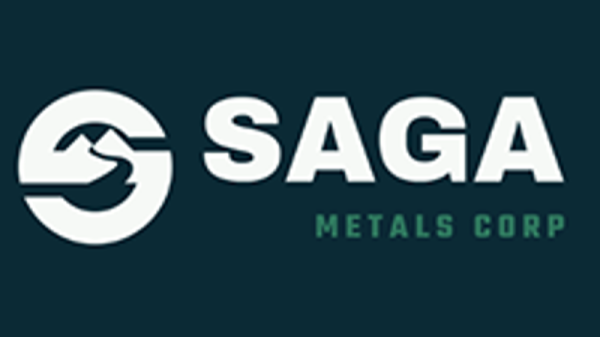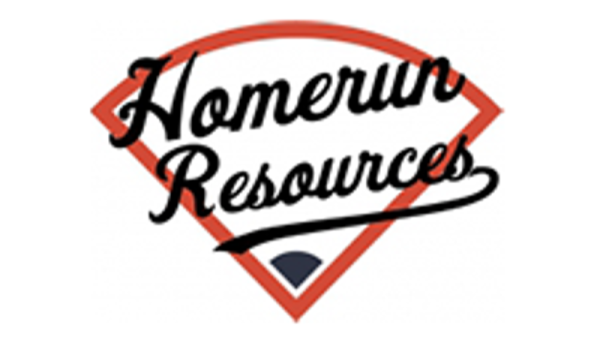German Industry’s Path to Recovery
Quick Look
February’s 2.1% industrial production increase hints at Germany’s recovery, led by construction.
Persistent challenges include high energy costs, declining foreign demand, and policy uncertainties.
Mixed economic signals, with factory orders up but broader industry momentum slowing.
Long-term recovery tied to strategic diversification and green energy transition.
Germany’s industrial resilience fuels optimism amidst global economic challenges.
Germany’s industrial sector, a cornerstone of Europe’s largest economy, has shown promising signs of revival. For the second consecutive month, February witnessed a noteworthy 2.1% increase in industrial production, surpassing economists’ expectations. This uptick, led significantly by the construction sector, fuels optimism for an imminent recovery from a recession that has likely gripped the country over the past six months. However, the journey ahead remains fraught with challenges from both domestic and international fronts.
Germany’s Economy Rallies with February Surge
The latest data from Germany’s statistics office marks a pivotal moment, suggesting a potential end to the stagnation that has plagued the nation’s economy. The unexpected surge in February, particularly in construction, hints at underlying resilience within the industrial sector. Carsten Brzeski, a leading macroeconomist at ING, interprets this as a sign of moderate optimism, indicating a possible halt to the cyclical downturn Germany has been experiencing.
Despite these positive indicators, the shadow of the pre-pandemic era looms large, with overall production still lagging behind historic levels. The German manufacturing sector, a global powerhouse, has weathered a storm of adversities in recent years. The ripple effects of the war in Ukraine, marked by soaring energy costs, coupled with dwindling foreign demand, heightened borrowing rates, and policy uncertainty, have collectively strained the industrial landscape.
Mixed Signals and the Road Ahead
Recent economic indicators offer a mixed bag of insights. While factory orders have shown marginal improvement, attributed to volatile large-item demands, broader industry momentum appears to wane, as highlighted in business surveys by S&P Global for March. Nonetheless, a brighter outlook emerges from improved business confidence, as gauged by the Ifo Institute and ZEW investor expectations, buoyed by anticipation of interest rate reductions by the European Central Bank and an uptick in global economic conditions.
Predictions for the German economy remain cautiously pessimistic for the immediate term, with a minor contraction expected in the first quarter of the year.
Navigating External Dependencies and Future Prospects
The long-term prosperity of Germany’s industrial sector is closely tied to its external dependencies. This is especially true for its energy relations with Russia and production connections with China. After the Ukraine invasion, the halt in Russian gas imports highlighted these vulnerabilities. Similarly, a decline in exports to China, particularly in the competitive automobile sector, underscores the risks of such heavy reliance. Moreover, Germany plays a crucial role in the eurozone’s economy, contributing 28% of its output. Consequently, its fortunes have a significant effect on the broader European economic landscape.
As Germany strides towards overcoming its immediate economic hurdles, the focus shifts towards strategic diversification and bolstering its green energy transition. The path to recovery is about rebounding from current lows and recalibrating its industrial engine for sustainable growth. The resilience the German industrial sector shows amid a backdrop of significant challenges not only sparks hope for a rebound but also highlights the imperative for strategic shifts in navigating the complexities of global economic dependencies.
The post German Industry’s Path to Recovery appeared first on FinanceBrokerage.




























